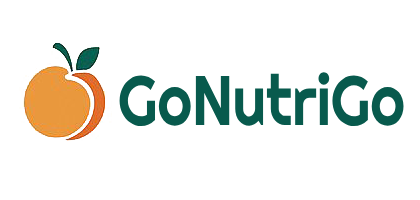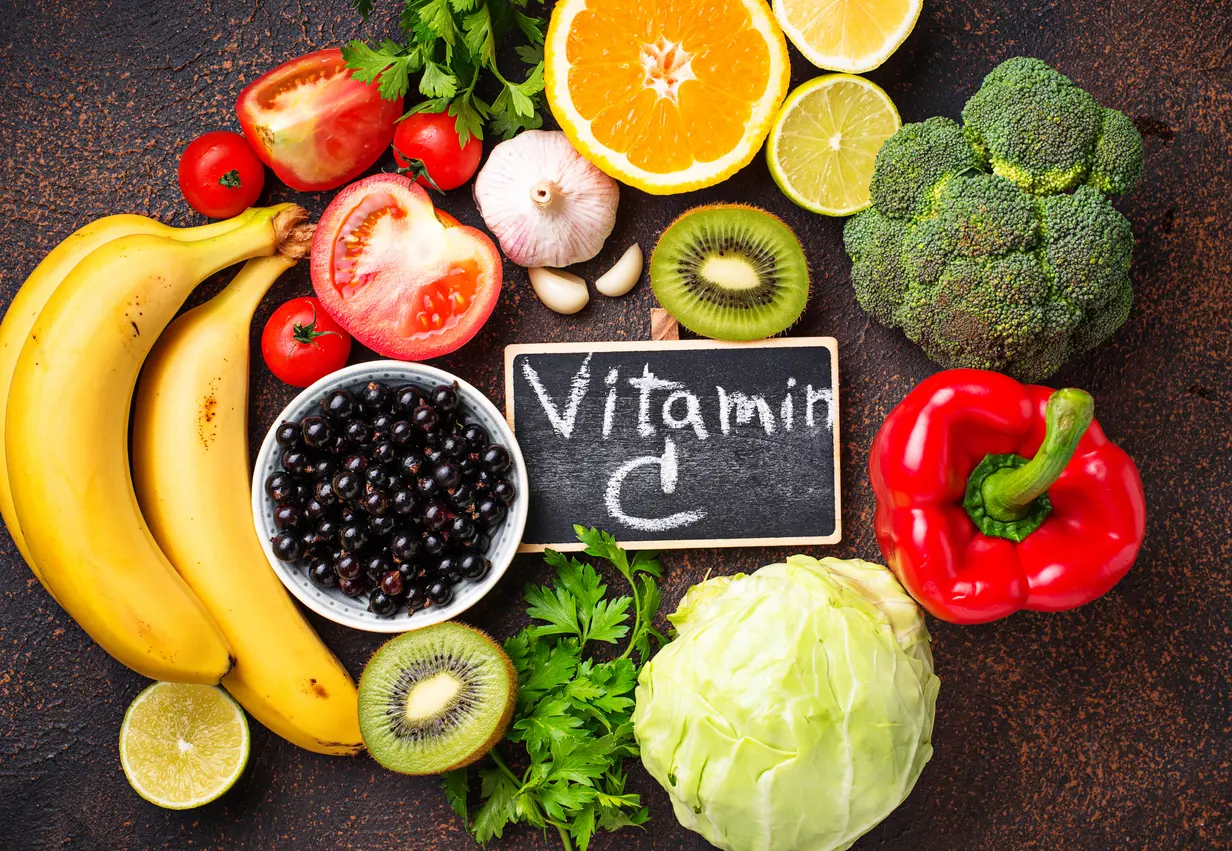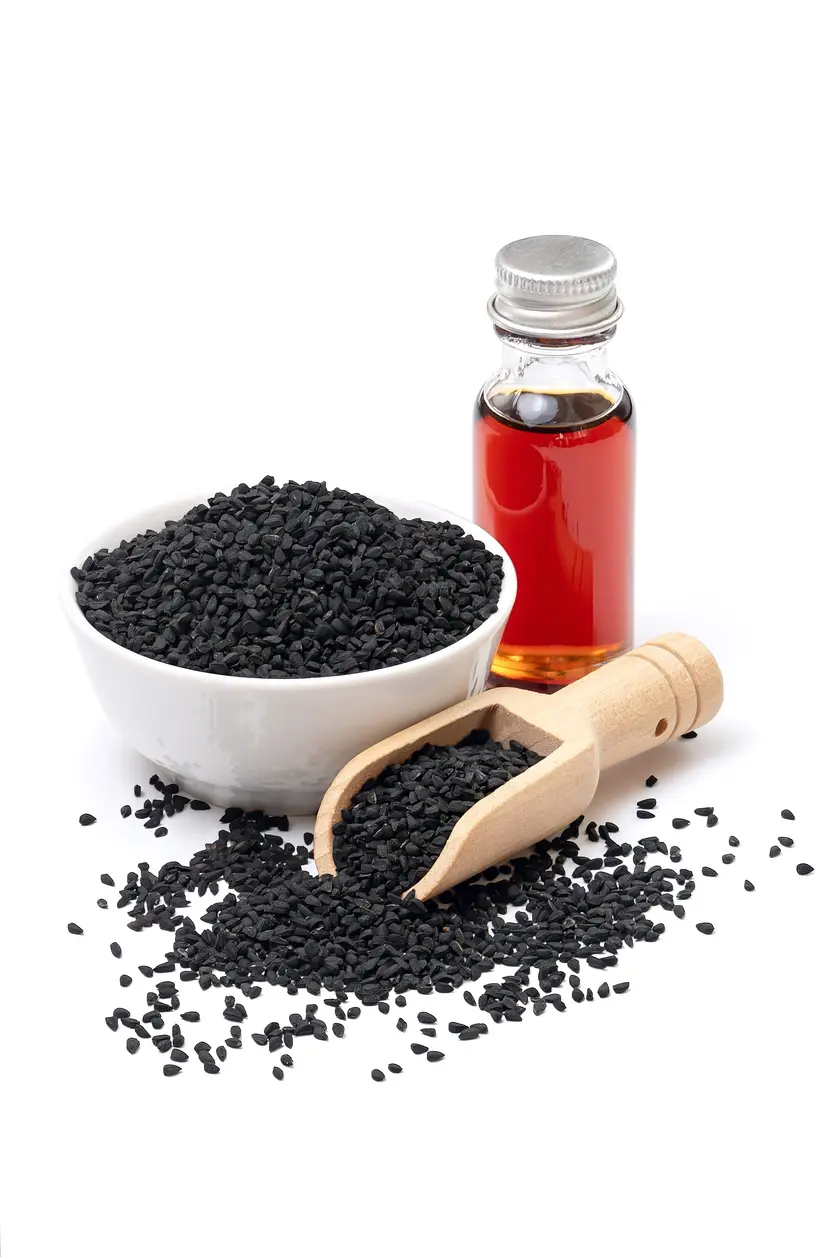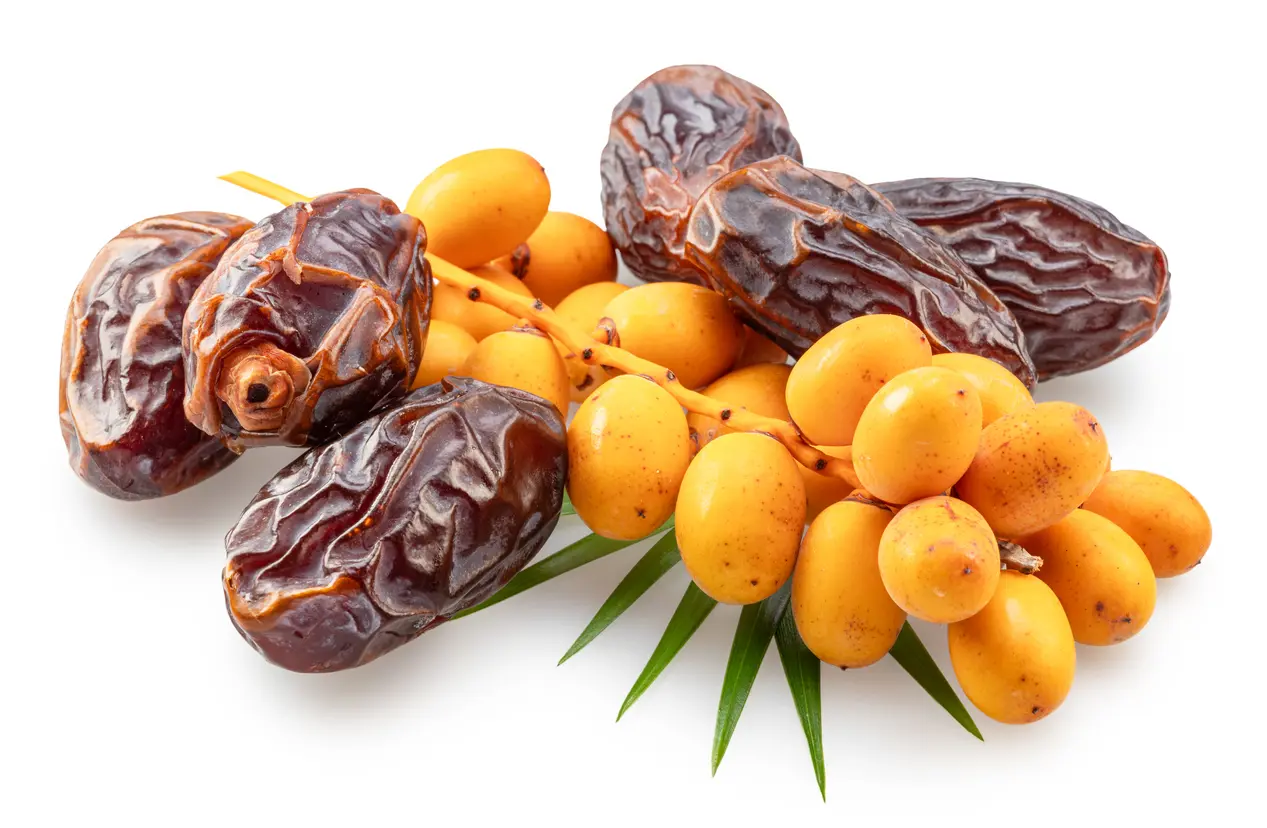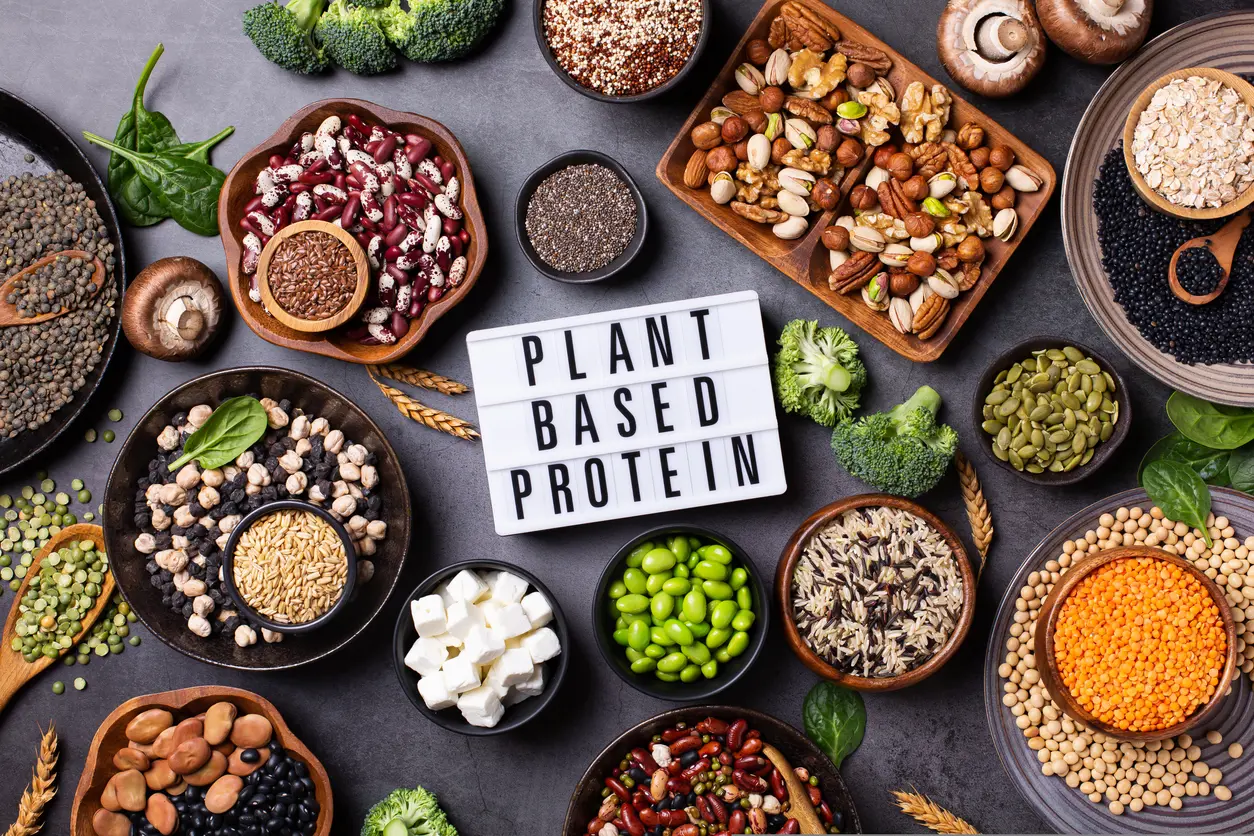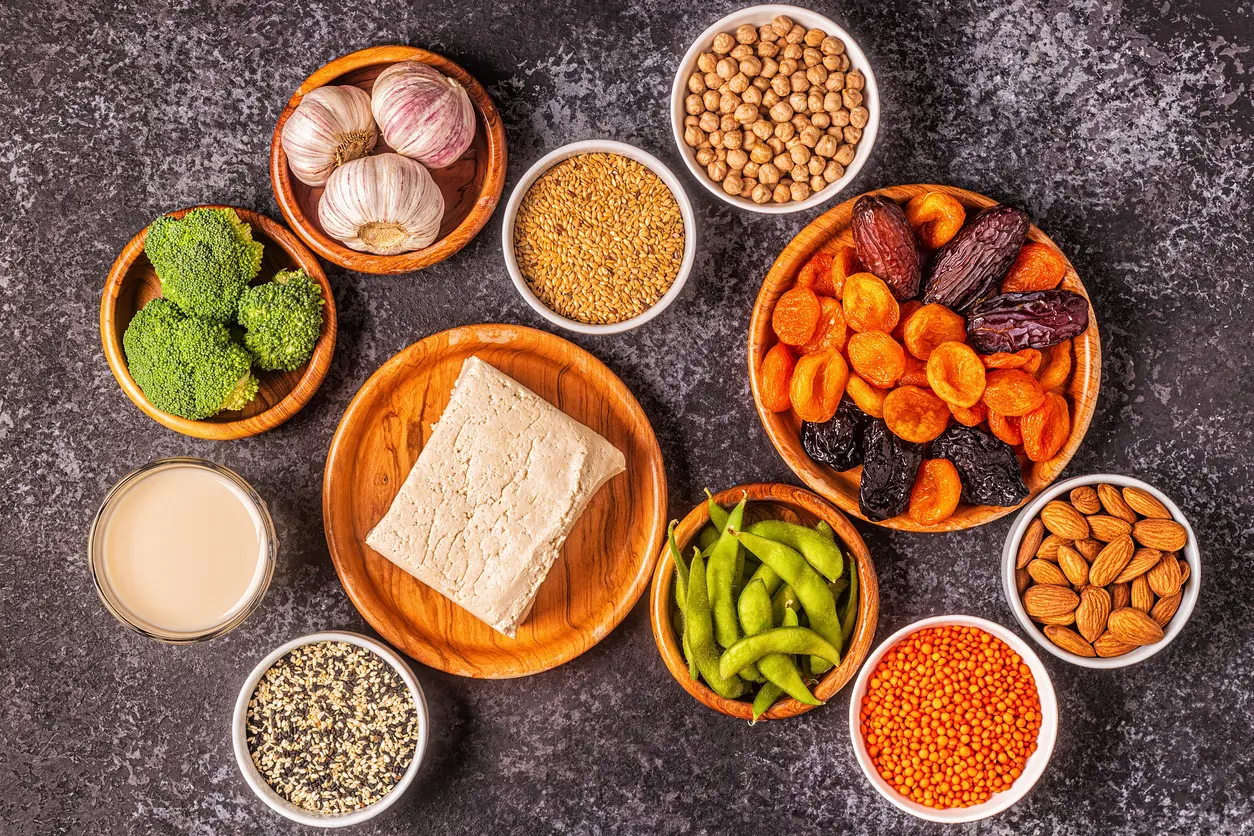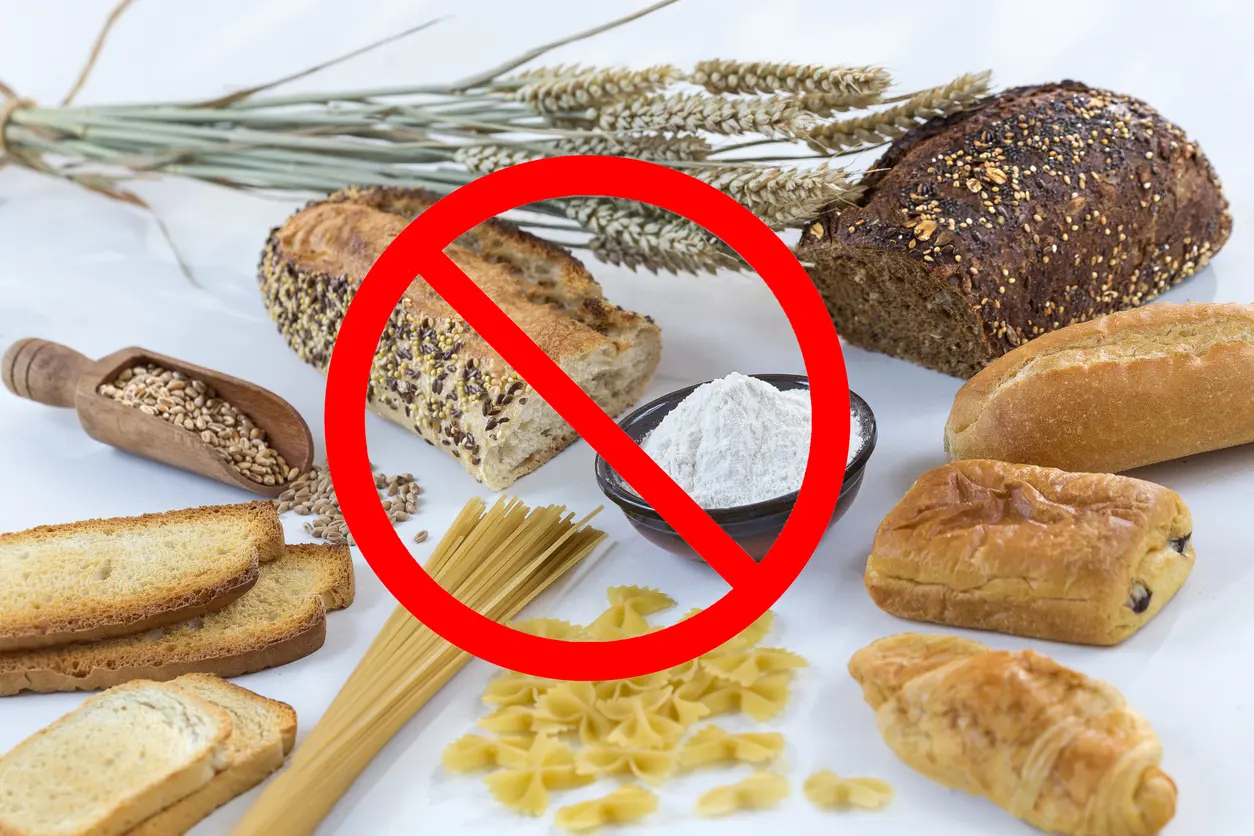Is Pickle Juice Good for Your Health? Benefits and Risks Explained
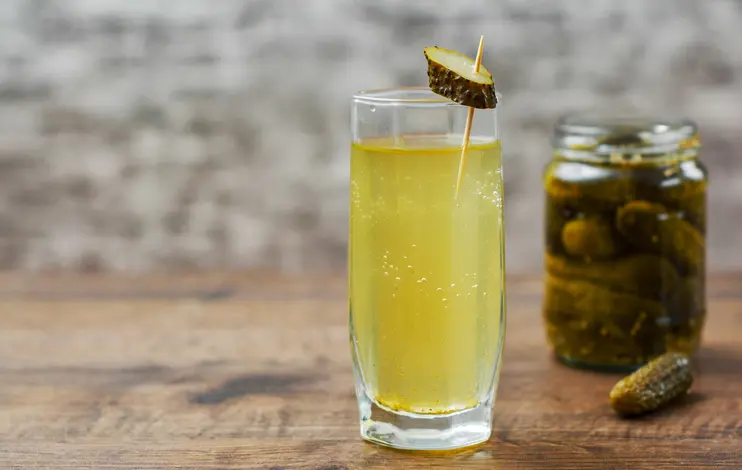
Pickle juice is increasing in popularity among athletes and wellness enthusiasts. Athletes and gym warriors drink it after workouts, others use it to cure hangovers after a night out drinking, and some use it for gut health. But is pickle juice good for you?
The truth is, pickle juice has a mix of potential benefits and risks. Some research shows that it may aid in hydration, alleviate muscle cramps, improve digestion, and regulate blood sugar levels. However, its high sodium content and acid level can cause problems for some people. In this article, we’ll explore the science-backed pickle juice benefits, discuss possible side effects, and learn how to use it safely.
What Is Pickle Juice?
Pickle juice is the liquid brine left behind after cucumbers (or other vegetables) are pickled. Depending on the method, it may be:
- Vinegar-based brine: Made with vinegar, water, salt, and spices.
- Naturally fermented brine: Created when cucumbers ferment in saltwater, producing probiotics.
Nutritional Profile
According to the US Department of Agriculture, one cup (240 mL) of pickles (with juice) contains: [1] USDA FoodData Central. Accessed September 26, 2025.
- Sodium: 1250 mg
- Potassium: 181 mg
- Calories/Sugar: Negligible
- Other Electrolytes: 11 mg of magnesium, 25 mg of phosphorus
There are also differences between store-bought and homemade pickle juice:
- Store-bought pickle juice often contains preservatives, stabilizers, and high levels of sodium.
- Homemade fermented pickle juice has more probiotic bacteria and less sodium (although it may still be high for some people).
Pickle Juice Benefits (Science-Backed)
Some proclaimed benefits of pickle juice are backed by science, while others are myths.
Hydration and Electrolyte Replenishment
Sweating after exercise causes the body to lose fluids and electrolytes, including sodium, magnesium, and potassium. Some people use pickle juice for hydration because it contains high amounts of these electrolytes, which may help restore electrolyte balance more quickly than plain water. Furthermore, it contains less sugar than other sports hydration drinks. [2] Is Pickle Juice Good for You? Cleveland Clinic. Accessed September 26, 2025.
However, most people get enough or even too much sodium in their diets. You would also have to exercise very intensely for extended periods to lose electrolytes quickly. Your body can compensate for short, moderate workouts, and electrolyte replacement may not be necessary.
Takeaway: Pickle juice electrolytes can be a source of hydration in small amounts. Pickle juice should not be used as a replacement for other hydration drinks due to high sodium content. [3] Miller KC. Electrolyte and plasma responses after pickle juice, mustard, and deionized water ingestion in dehydrated humans. J Athl Train. 2014;49(3):360-367. doi:10.4085/1062-6050-49.2.23
May Relieve Muscle Cramps
Some people use pickle juice for cramps, but does it really work? A study published in the Medicine and Science in Sports and Exercise journal found that dehydrated athletes who drank pickle juice for cramps experienced a reduction compared to those who drank water. [4] Miller KC, Mack GW, Knight KL, et al. Reflex inhibition of electrically induced muscle cramps in hypohydrated humans. Med Sci Sports Exerc. 2010;42(5):953-961. doi:10.1249/MSS.0b013e3181c0647e The relief happened in seconds, so it could not have been due to electrolyte replacement. Additionally, no change was noted in electrolytes or hydration in the blood test. The proposed mechanism is a neural reflex that starts in the mouth, inhibiting the muscle nerves that activate the cramp. The reflex is activated by acetic acid and other pungent compounds in pickle juice. [5] Hooper Marosek SE, Antharam V, Dowlatshahi K. Quantitative Analysis of the Acetic Acid Content in Substances Used by Athletes for the Possible Prevention and Alleviation of Exercise-Associated Muscle Cramps. J Strength Cond Res. 2020;34(6):1539-1546. doi:10.1519/JSC.0000000000003595
Takeaway: Pickle juice for cramps works through a neural reflex in the mouth, not electrolyte replacement.
Supports Gut Health
When made through natural fermentation, fermented pickle juice benefits include [6] Galena AE, Chai J, Zhang J, et al. The effects of fermented vegetable consumption on the composition of the intestinal microbiota and levels of inflammatory markers in women: A pilot and feasibility study. PLoS One. 2022;17(10):e0275275. doi:10.1371/journal.pone.0275275 ,[7] Terpou A, Dahiya D, Nigam PS. Evolving Dynamics of Fermented Food Microbiota and the Gut Microenvironment: Strategic Pathways to Enhance Human Health. Foods. 2025;14(13):2361. doi:10.3390/foods14132361 ,[8] Park I, Mannaa M. Fermented Foods as Functional Systems: Microbial Communities and Metabolites Influencing Gut Health and Systemic Outcomes. Foods. 2025;14(13):2292. doi:10.3390/foods14132292 :
- Increased growth of beneficial gut bacteria such as Faecalibacterium prausnitzii
- Anti-inflammatory effects on the gut lining
- Generation of bioactive peptides with antioxidant properties
- Regulation of immune response and inflammation in the body
These effects are due to live bacteria in naturally fermented pickle juice, as well as organic acids and other bioactive compounds. [9] Wei L, Van Beeck W, Hanlon M, DiCaprio E, Marco ML. Lacto-Fermented Fruits and Vegetables: Bioactive Components and Effects on Human Health. Annu Rev Food Sci Technol. 2025;16(1):289-314. doi:10.1146/annurev-food-052924-070656 Notably, vinegar-based brines do not provide probiotics. Pickle juice for digestion should be fermented to reap the most benefit.
Potential Blood Sugar Regulation
Vinegar, a common ingredient in pickle juice, has been studied for its effects on blood sugar levels. Some research suggests that vinegar can improve insulin sensitivity and reduce post-meal glucose spikes by delaying stomach emptying. Vinegar may also increase the amount of GLP-1 secreted by the gut. [10] Lim J, Henry CJ, Haldar S. Vinegar as a functional ingredient to improve postprandial glycemic control: human intervention findings and molecular mechanisms. Mol Nutr Food Res. 2016;60(8):1837-1849. doi:10.1002/mnfr.201600121 However, it is unclear whether pickle juice has the same effect. This is why some people connect vinegar and blood sugar regulation with pickle brine health benefits.
Antioxidant and Anti-Inflammatory Properties
Pickle brine often contains garlic, dill, and spices, which are ingredients rich in antioxidants. Antioxidants help reduce oxidative stress and inflammation in the body. While pickle juice is not a concentrated source of antioxidants (like fruits and vegetables), these compounds may add small health benefits.
May Help With Hangover Symptoms
Some people use pickle juice for hangovers because it contains sodium, potassium, and magnesium, which may help with rehydration after alcohol consumption. While not scientifically proven, some people find that 2 or 3 ounces of pickle juice helps hangover symptoms. Hangovers are caused by dehydration, toxicity from the metabolites of alcohol (acetaldehyde), inflammation, and oxidative stress. Effective interventions for hangovers include rehydration, anti-inflammatory medications, and vitamin B6. [11] Wiese JG, Shlipak MG, Browner WS. The alcohol hangover. Ann Intern Med. 2000;132(11):897-902. doi:10.7326/0003-4819-132-11-200006060-00008 The best way to prevent a hangover is to avoid alcohol.
Risks and Side Effects of Pickle Juice
Despite its potential benefits, drinking pickle juice daily or in large amounts carries risks.
High Sodium Content
Most pickle juice contains 800 mg to 1,000 mg of sodium per cup, close to half the American Heart Association and World Health Organization daily limit of 1,500 mg to 2,300 mg. [12] Jul 15 LR, 2025. How Much Sodium Should I Eat Per Day? www.heart.org. Accessed September 26, 2025. , [13] Guideline: sodium intake for adults and children. Accessed September 26, 2025. Excess sodium intake is linked to:
- Elevated blood pressure
- Higher risk of stroke and heart disease
- Kidney strain
Certain people, including those with heart disease, chronic kidney disease, diabetes mellitus, metabolic syndrome, high blood pressure, and older adults, are at higher risk of complications from high sodium intake. [14] Guideline for the Prevention, Detection, Evaluation, and Management of High Blood Pressure in Adults: A Report of the American College of Cardiology/American Heart Association Task Force on Clinical Practice Guidelines
Digestive Issues
The acidity of vinegar and spices in pickle juice may cause:
- Stomach irritation
- Acid reflux or heartburn
- Bloating in sensitive individuals
- Nausea
- Changes in bowel movements
These pickle juice side effects may be more pronounced in individuals with diabetes or gastrointestinal disorders. [15] Johnston CS, White AM, Kent SM. A preliminary evaluation of the safety and tolerance of medicinally ingested vinegar in individuals with type 2 diabetes. J Med Food. 2008;11(1):179-183. doi:10.1089/jmf.2007.574 Commercial pickle juice may also contain heavy metals and nitrates, which could cause gastrointestinal upset and other health problems. [16] Topdas EF, Isci G, Dagdemir E. Analysis and health risk assessments of heavy metals and nitrate migration into pickle beverages. Food Sci Technol Int. 2023;29(6):650-664. doi:10.1177/10820132231166724
Dental Erosion
Due to its acidity, drinking pickle juice daily can erode enamel over time. Pickle juice is highly acidic due to the acetic acid from vinegar and sometimes citric acid, both of which are known acids implicated in dental erosion. Frequent or prolonged exposure, such as sipping pickle juice throughout the day, could erode dental enamel. [17] O’Toole S, Mullan F. The role of the diet in tooth wear. Br Dent J. 2018;224(5):379-383. doi:10.1038/sj.bdj.2018.127
Medical Cautions
Pickle juice is not recommended for people with: [18] Dale RB, Leaver-Dunn D, Bishop P. A Compositional Analysis of a Common Acetic Acid Solution With Practical Implications for Ingestion. J Athl Train. 2003;38(1):57-61. , [19] Tomblyn M, Chiller T, Einsele H, et al. Guidelines for Preventing Infectious Complications among Hematopoietic Cell Transplantation Recipients: A Global Perspective. Biol Blood Marrow Transplant. 2009;15(10):1143-1238. doi:10.1016/j.bbmt.2009.06.019 , [20] Piper JD, Piper PW. Benzoate and Sorbate Salts: A Systematic Review of the Potential Hazards of These Invaluable Preservatives and the Expanding Spectrum of Clinical Uses for Sodium Benzoate. Compr Rev Food Sci Food Saf. 2017;16(5):868-880. doi:10.1111/1541-4337.12284
- High blood pressure
- Chronic kidney disease
- Heart disease
- Sodium-restricted diets
- Acid-reflux disease
- Immunosuppressed people (avoid non-pasteurized pickle juice)
- Advanced liver disease
- Children and adults with allergies to preservatives such as sodium benzoate
- Those at risk from heavy metal exposure, such as children and pregnant women, should avoid processed pickle juice
How to Use Pickle Juice Safely
These are the best times to drink pickle juice:
- Post-workout: Consuming small amounts of pickle juice after intense exercise may help alleviate cramps.
- Occasional hangover relief: Pickle juice may provide electrolytes and combat inflammation, although evidence is lacking.
- Not daily: Avoid drinking pickle juice daily due to the high sodium content and possible toxicity of preservatives.
Recommended Portions
Do not drink more than 2 to 3 ounces at a time. Consuming larger amounts can lead to high sodium intake and stomach irritation.
You may also want to consider these factors when comparing homemade versus store-bought pickle juice:
- Homemade fermented brine: May contain probiotics and less sodium.
- Store-bought brands: Usually higher in sodium and preservatives; read labels carefully.
Fun Culinary Uses
If drinking it straight isn’t appealing, try using pickle juice as: [21] Delicious in a Flash/You Have It All on Hand Salad Dressing Recipe - Food.com. Accessed September 26, 2025. , [22] Pickle Brine Chicken. Allrecipes. Accessed September 26, 2025. , [23] Dill Pickle Martini. Allrecipes. Accessed September 26, 2025.
- A tangy salad dressing
- A marinade for chicken or fish
- Add to smoothies or soups
- A mixer in cocktails
FAQs About Pickle Juice
Is pickle juice better than sports drinks?
Not necessarily. Sports drinks provide carbohydrates, a balance of electrolytes, and water. Pickle juice is very high in sodium and does not offer adequate hydration. However, pickle juice relieves cramps through a neural reflex, not electrolyte replacement.
How much pickle juice should you drink?
Limit to 2 to 3 ounces occasionally. Do not use daily due to the high sodium content and possible adverse effects.
Does pickle juice help with weight loss?
There’s no evidence that pickle juice directly promotes weight loss. Vinegar may have a modest effect on satiety, but this effect is unlikely to lead to significant weight loss. However, fermented foods like homemade pickle juice may optimize the balance of good to harmful bacteria in the gut. A healthy microbiome is associated with healthy body weight, and fermented pickle juice benefits include probiotics and bioactive compounds that support the microbiome. [24] Enache RM, Profir M, Roşu OA, Creţoiu SM, Gaspar BS. The Role of Gut Microbiota in the Onset and Progression of Obesity and Associated Comorbidities. Int J Mol Sci. 2024;25(22):12321. doi:10.3390/ijms252212321
Can you drink pickle juice every day?
Daily intake is not recommended due to high levels of sodium and acidity. Sodium can elevate blood pressure and lead to fluid retention. Highly acidic food can damage tooth enamel and irritate the stomach.
What’s the difference between fermented and non-fermented pickle juice?
Fermented pickle juice contains probiotics that may support gut health, while non-fermented pickle juice does not. Probiotic drinks contain fermented ingredients.
Does pickle juice stop cramps immediately?
Yes, studies show that it can relieve cramps within minutes by triggering a nerve reflex, rather than through rehydration or electrolyte replacement.
Pickle Juice versus Sports Drinks Comparison Table
| Beverage | Sodium (mg per cup) | Potassium (mg) | Sugar (g) | Calories | Probiotics |
|---|---|---|---|---|---|
| Pickle Juice | 1250 | 181 | 0 | 0 | Yes (fermented only) |
| Sports Drink | 97 | 37 | 13 | 65 | No |
| Water | 0 | 0 | 0 | 0 | No |
DIY Low-Sodium Fermented Pickle Brine
This recipe highlights a safer way to enjoy pickle brine health benefits without as much sodium.
Ingredients:
- 5 mini-cucumbers
- 4 cups filtered water
- 2 Tablespoons salt (reduce by half for lower sodium)
- 1 clove garlic, crushed
- Fresh dill
Instructions:
- Combine the water and salt, stirring until the salt is dissolved.
- Add cucumber, garlic, and dill to a glass jar.
- Pour the brine to cover, leaving a 1-inch space.
- Seal the jar loosely and ferment at room temperature for 3 to 5 days.
- Refrigerate and consume small amounts of the brine.
Conclusion
Is pickle juice good for you? Sometimes, if used in moderation. Pickle juice has gained popularity due to its health claims, which range from rehydration to improved gut health. Some evidence suggests pickle juice benefits include hydration, alleviating muscle cramps, supporting digestion, and promoting gut health. It could theoretically improve hangover symptoms and blood sugar regulation, but current scientific evidence is lacking. Fermented pickle juice contains higher amounts of probiotics for gut health, and lower amounts of sodium and preservatives.
However, the risks of drinking pickle juice daily, including high sodium content, acidity, and digestive upset, limit its use as a daily wellness staple. For most healthy people, occasional small amounts (2 to 3 ounces) are safe and may provide short-term benefits. People with chronic diseases such as heart disease, liver disease, high blood pressure, or kidney disease should avoid pickle juice due to the high sodium content. Always consult with your healthcare professional before making any changes to your diet or wellness routine.
Disclaimer: This article is for informational purposes only. Pickle juice should not replace medical treatment, hydration guidelines, or guidance from your healthcare professional.
Was this article helpful?
-
USDA FoodData Central. Accessed September 26, 2025.;
https://fdc.nal.usda.gov/food-details/168558/nutrients -
Is Pickle Juice Good for You? Cleveland Clinic. Accessed September 26, 2025. ;
https://health.clevelandclinic.org/6-health-benefits-of-drinking-pickle-juice -
Electrolyte and plasma responses after pickle juice, mustard, and deionized water ingestion in dehydrated humans. J Athl Train. 2014;49(3):360-367. doi:10.4085/1062-6050-49.2.23; Miller KC. ;
https://pubmed.ncbi.nlm.nih.gov/24955622/ -
Reflex inhibition of electrically induced muscle cramps in hypohydrated humans. Med Sci Sports Exerc. 2010;42(5):953-961. doi:10.1249/MSS.0b013e3181c0647e; Miller KC, Mack GW, Knight KL, et al. ;
https://pubmed.ncbi.nlm.nih.gov/19997012/ -
Quantitative Analysis of the Acetic Acid Content in Substances Used by Athletes for the Possible Prevention and Alleviation of Exercise-Associated Muscle Cramps. J Strength Cond Res. 2020;34(6):1539-1546. doi:10.1519/JSC.0000000000003595; Hooper Marosek SE, Antharam V, Dowlatshahi K. ;
https://pubmed.ncbi.nlm.nih.gov/32459412/ -
The effects of fermented vegetable consumption on the composition of the intestinal microbiota and levels of inflammatory markers in women: A pilot and feasibility study. PLoS One. 2022;17(10):e0275275. doi:10.1371/journal.pone.0275275; Galena AE, Chai J, Zhang J, et al. ;
https://pubmed.ncbi.nlm.nih.gov/36201455/ -
Evolving Dynamics of Fermented Food Microbiota and the Gut Microenvironment: Strategic Pathways to Enhance Human Health. Foods. 2025;14(13):2361. doi:10.3390/foods14132361; Terpou A, Dahiya D, Nigam PS. ;
https://www.mdpi.com/2304-8158/14/13/2361 -
Fermented Foods as Functional Systems: Microbial Communities and Metabolites Influencing Gut Health and Systemic Outcomes. Foods. 2025;14(13):2292. doi:10.3390/foods14132292; Park I, Mannaa M. ;
https://www.mdpi.com/2304-8158/14/13/2292 -
Lacto-Fermented Fruits and Vegetables: Bioactive Components and Effects on Human Health. Annu Rev Food Sci Technol. 2025;16(1):289-314. doi:10.1146/annurev-food-052924-070656; Wei L, Van Beeck W, Hanlon M, DiCaprio E, Marco ML. ;
https://pubmed.ncbi.nlm.nih.gov/39805038/ -
Vinegar as a functional ingredient to improve postprandial glycemic control: human intervention findings and molecular mechanisms. Mol Nutr Food Res. 2016;60(8):1837-1849. doi:10.1002/mnfr.201600121; Lim J, Henry CJ, Haldar S. ;
https://pubmed.ncbi.nlm.nih.gov/27213723/ -
The alcohol hangover. Ann Intern Med. 2000;132(11):897-902. doi:10.7326/0003-4819-132-11-200006060-00008; Wiese JG, Shlipak MG, Browner WS. ;
https://pubmed.ncbi.nlm.nih.gov/10836917/ -
Jul 15 LR, 2025. How Much Sodium Should I Eat Per Day? www.heart.org. Accessed September 26, 2025. ;
https://www.heart.org/en/healthy-living/healthy-eating/eat-smart/sodium/how-much-sodium-should-i-eat-per-day -
Guideline: sodium intake for adults and children. Accessed September 26, 2025. ;
https://www.who.int/publications/i/item/9789241504836 -
Guideline for the Prevention, Detection, Evaluation, and Management of High Blood Pressure in Adults: A Report of the American College of Cardiology/American Heart Association Task Force on Clinical Practice Guidelines;
https://www.jacc.org/doi/10.1016/j.jacc.2017.11.006 -
A preliminary evaluation of the safety and tolerance of medicinally ingested vinegar in individuals with type 2 diabetes. J Med Food. 2008;11(1):179-183. doi:10.1089/jmf.2007.574; Johnston CS, White AM, Kent SM. ;
https://pubmed.ncbi.nlm.nih.gov/18361754/ -
Analysis and health risk assessments of heavy metals and nitrate migration into pickle beverages. Food Sci Technol Int. 2023;29(6):650-664. doi:10.1177/10820132231166724; Topdas EF, Isci G, Dagdemir E. ;
https://journals.sagepub.com/doi/abs/10.1177/10820132231166724 -
The role of the diet in tooth wear. Br Dent J. 2018;224(5):379-383. doi:10.1038/sj.bdj.2018.127; O’Toole S, Mullan F. ;
https://pubmed.ncbi.nlm.nih.gov/29471309/ -
A Compositional Analysis of a Common Acetic Acid Solution With Practical Implications for Ingestion. J Athl Train. 2003;38(1):57-61.; Dale RB, Leaver-Dunn D, Bishop P. ;
https://pubmed.ncbi.nlm.nih.gov/12937473/ -
Guidelines for Preventing Infectious Complications among Hematopoietic Cell Transplantation Recipients: A Global Perspective. Biol Blood Marrow Transplant. 2009;15(10):1143-1238. doi:10.1016/j.bbmt.2009.06.019; Tomblyn M, Chiller T, Einsele H, et al. ;
https://pubmed.ncbi.nlm.nih.gov/19747629/ -
Benzoate and Sorbate Salts: A Systematic Review of the Potential Hazards of These Invaluable Preservatives and the Expanding Spectrum of Clinical Uses for Sodium Benzoate. Compr Rev Food Sci Food Saf. 2017;16(5):868-880. doi:10.1111/1541-4337.12284; Piper JD, Piper PW. ;
https://pubmed.ncbi.nlm.nih.gov/33371618/ -
Delicious in a Flash/You Have It All on Hand Salad Dressing Recipe - Food.com. Accessed September 26, 2025.;
https://www.food.com/recipe/delicious-in-a-flash-you-have-it-all-on-hand-salad-dressing-167054 -
Pickle Brine Chicken. Allrecipes. Accessed September 26, 2025. ;
https://www.allrecipes.com/recipe/238385/pickle-brine-chicken/ -
Dill Pickle Martini. Allrecipes. Accessed September 26, 2025. ;
https://www.allrecipes.com/recipe/230547/dill-pickle-martini/ -
The Role of Gut Microbiota in the Onset and Progression of Obesity and Associated Comorbidities. Int J Mol Sci. 2024;25(22):12321. doi:10.3390/ijms252212321; Enache RM, Profir M, Roşu OA, Creţoiu SM, Gaspar BS. ;
https://pubmed.ncbi.nlm.nih.gov/39596385/

